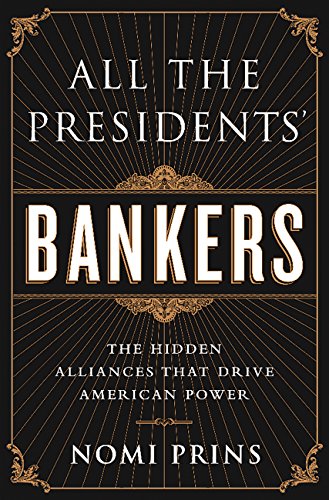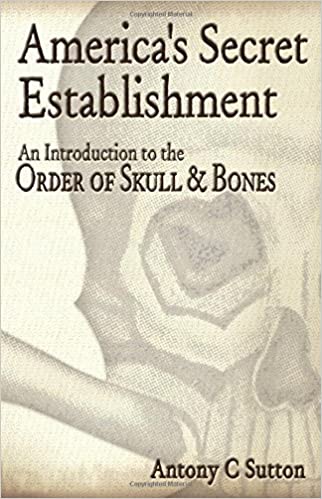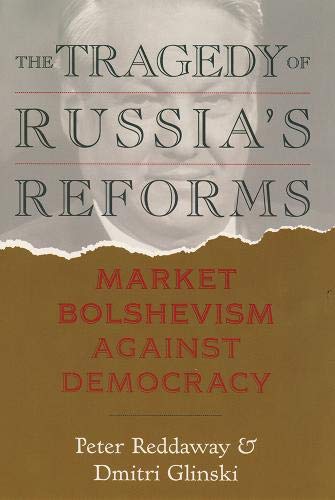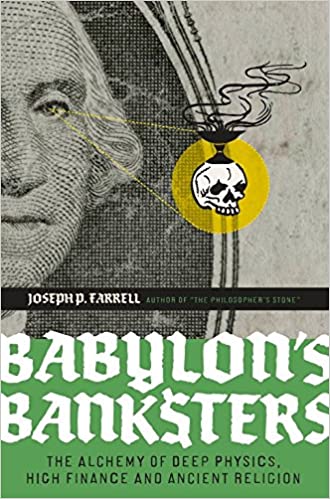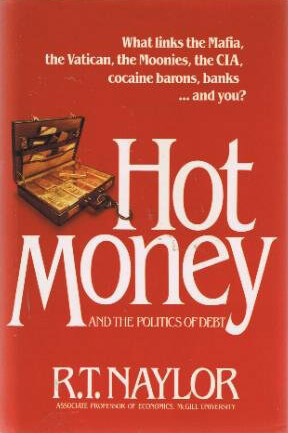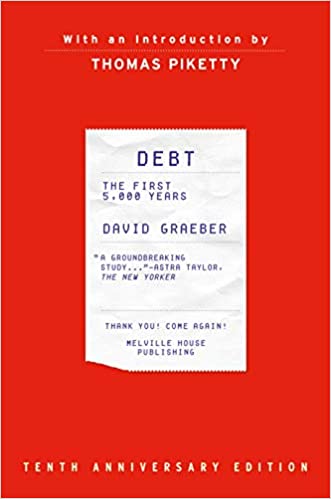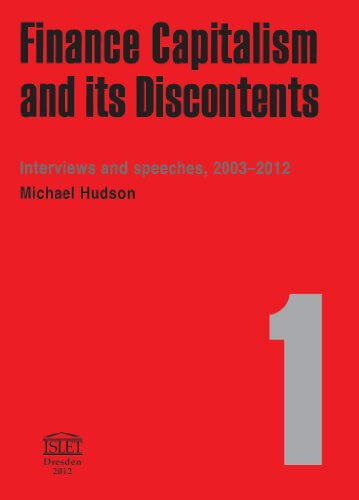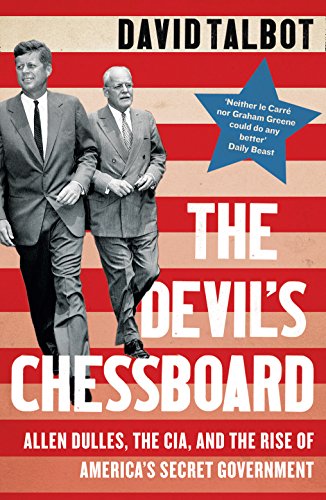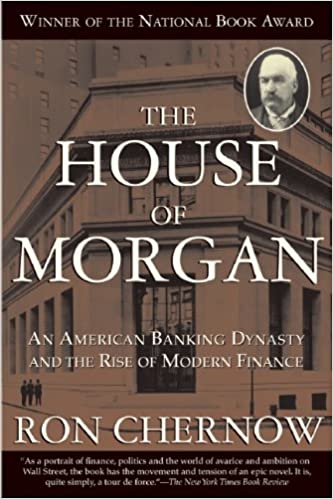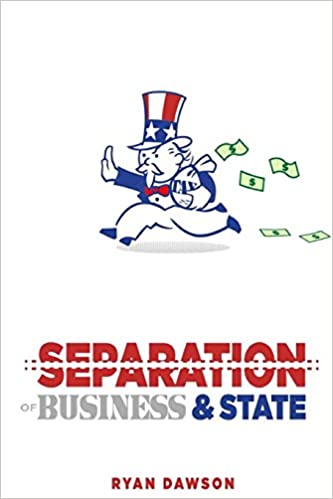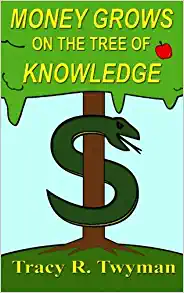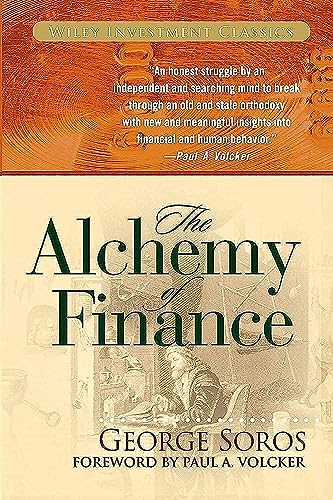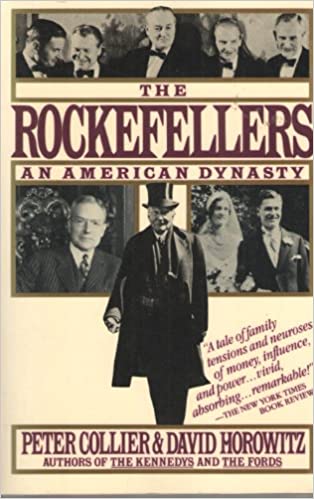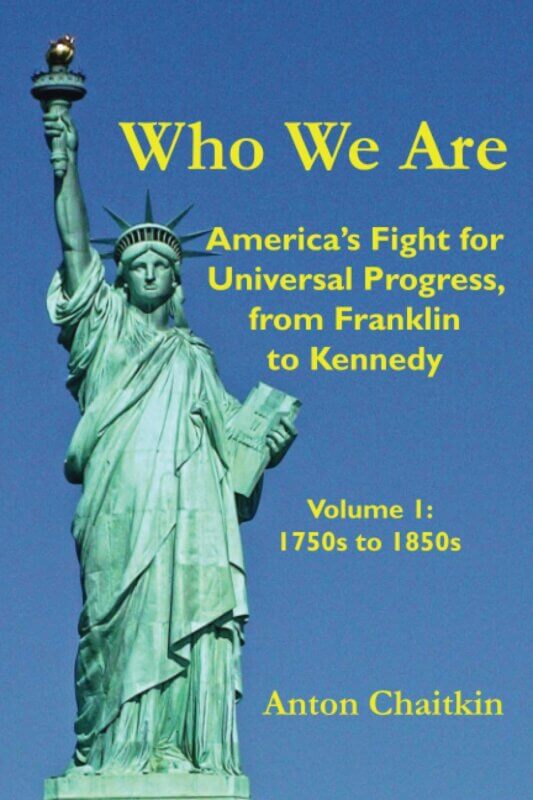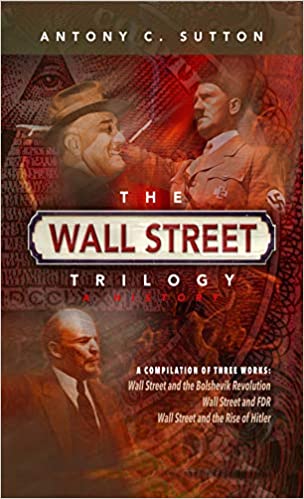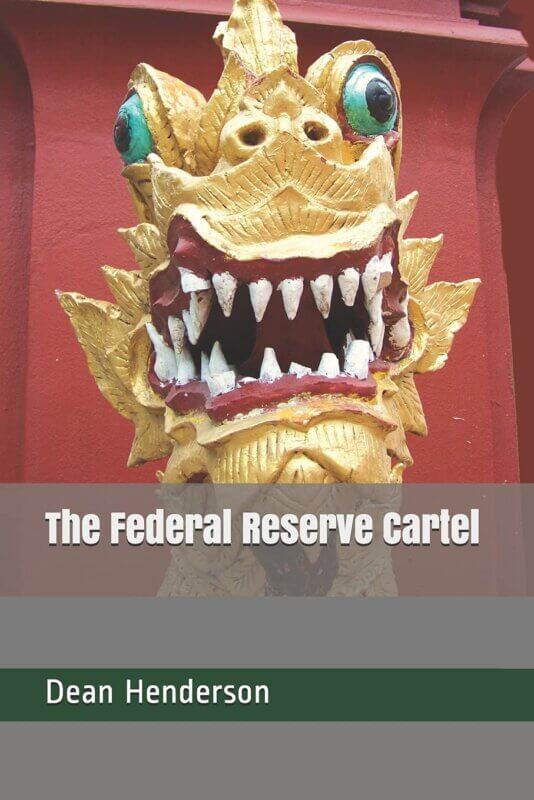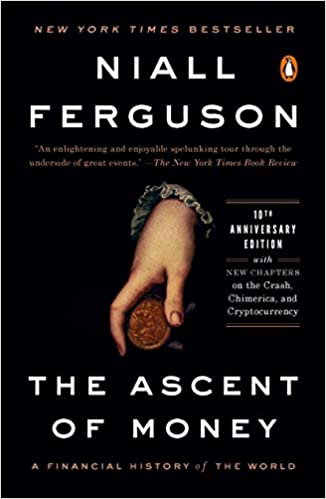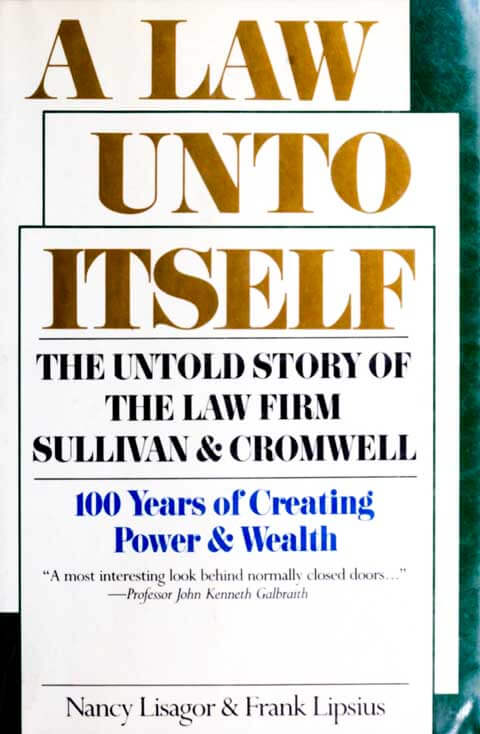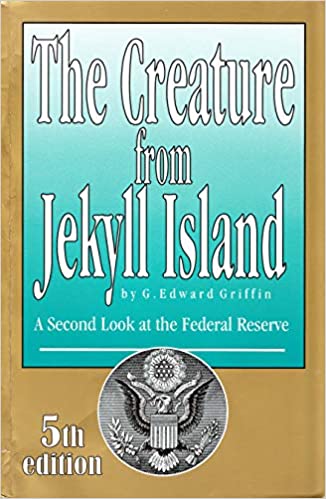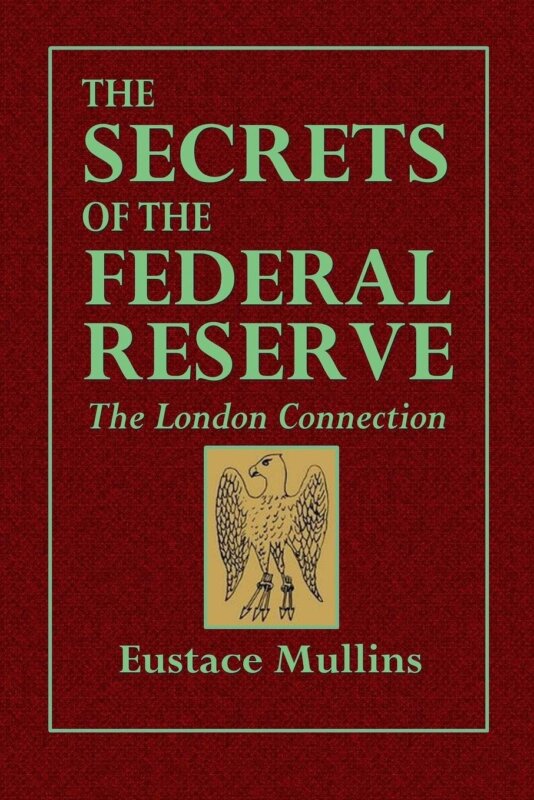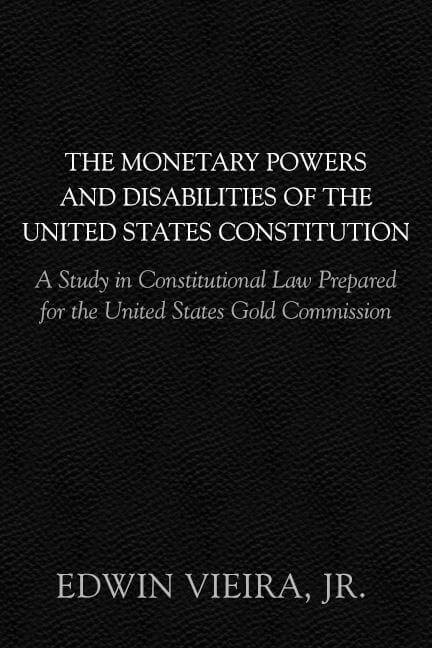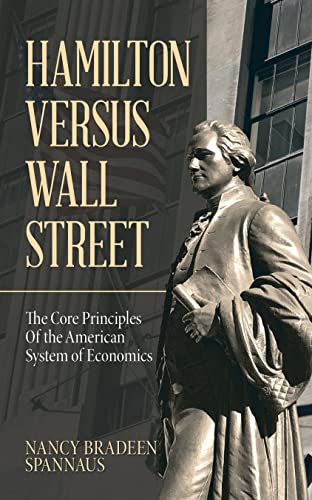
This book is for you if you are concerned about getting our economy out of its current crisis. Spannaus argues that if Alexander Hamilton were alive today, he would be Wall Street's biggest critic, and she proceeds to show how his principles for economic growth, later known as the American System of Economics, were the exact opposite of those speculative practices of today, how they were applied in our history, and how we might apply them now.
While Ron Chernow's biography provided an exhaustive review of Hamilton's life, Spannaus focused on his core ideas, starting from his Report on Manufactures. There are no romantic flourishes, as in the Musical, but the reader will find many shockers about Hamilton's attacks on plutocratic practices and the astonishing spread of his ideas after his death. The periods of our history where Hamilton's ideas were implemented were the most productive for our prosperity, notably those of Presidents John Quincy Adams, Abraham Lincoln, and Franklin Roosevelt.
Kirkus called Spannaus's book "a thoughtful, well-written argument for Alexander Hamilton's financial system as a guard against tyranny." Hamilton biographer and economist Richard Sylla notes that "in our time of crumbling infrastructure, anemic economic growth, and dysfunctional government, Spannaus points to a better path, the American System of economic policy initiated by Alexander Hamilton more than two centuries ago." In sum, this book contributes to reviving the American System of economics, which has been nearly lost for many decades--a System we clearly need to revive our economy and society today.





